ELA
April 20, 2016
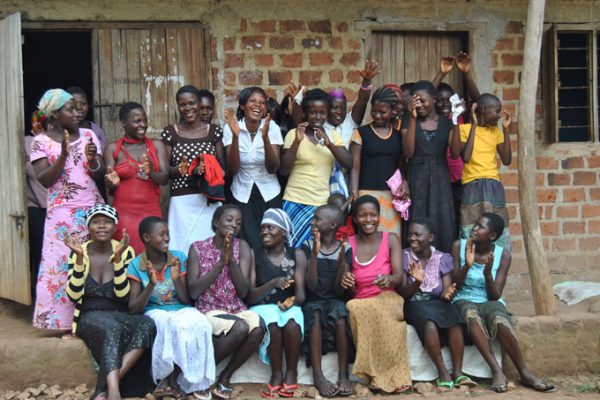
Published by Matt Kertman at Apr 20 2016
When Sa’a jumped from the moving truck, she wasn’t thinking about her education that had just been cut short. She was fleeing for her life.
December 9, 2015
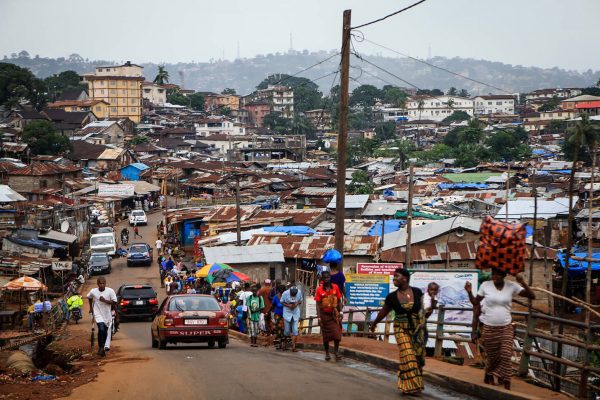
Published by Faruque Ahmed at Dec 09 2015
Sierra Leoneans celebrated in the streets last month when 42 days passed without a single new case of Ebola. The mix of mourning and jubilation called to mind the signing of a peace treaty after a war, and the end of Ebola should indeed be greeted as a victory.
December 3, 2015
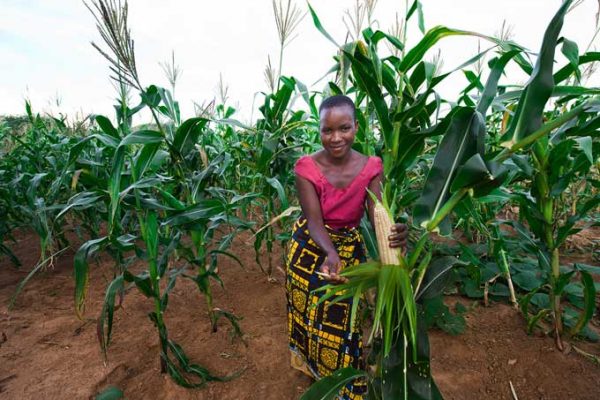
Published by Syeda Samara Mortada at Dec 03 2015
Categories
Not often does one come across a girl who is interested in chasing a career in agriculture. Paradoxically, research shows that more than 60 per cent of women worldwide are responsible for putting food on the table. In that case, why aren’t more people, notably young women taking up a profession in agriculture?
November 9, 2015
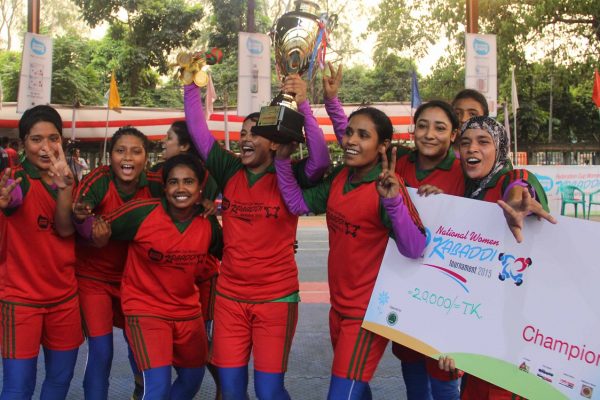
Published by Tanzia Haq at Nov 09 2015
For young girls hailing from disadvantaged communities, activities such as competitive sports not only encourage them to discuss sensitive health issues but also empower them to take up leadership roles in their societies. For women, participating in team sports also enables a sense of unity that helps them be seen as champions within their communities.
July 17, 2015
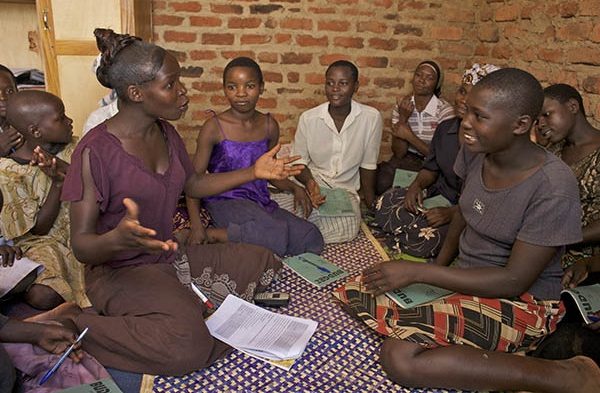
Published by Rafiath Rashid Mithila at Jul 17 2015
We face tremendous problems keeping girls in school as they transition through adolescence. In Sierra Leone, 30 per cent of reported rapes take place in the school environment, and a recent ruling banned 'visibly pregnant' girls from school. When the school itself becomes a hostile setting, it should come as no surprise that dropout rates shoot up.
June 15, 2015
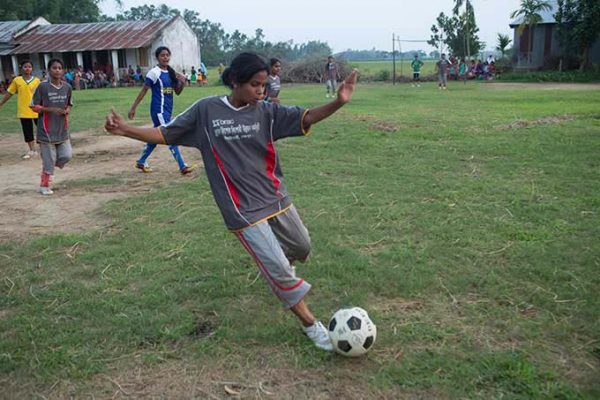
Published by Anushka Zafar at Jun 15 2015
Engaging in sports intrinsically makes you more mindful about your body. You may start speculating how to be healthier – a good entry point for inquiring about your general well-being. For adolescent girls in marginalised communities, these questions can lead to discussions about more sensitive topics, particularly sexual and reproductive health.
April 29, 2015
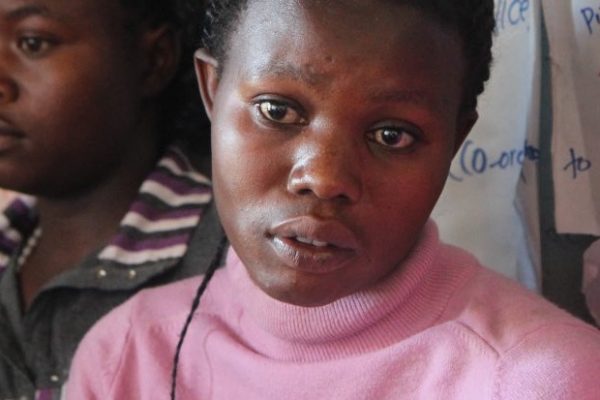
Published by Isabel Whisson at Apr 29 2015
Categories
Violet is 21 years old, married and a mother of two. She is also the owner of a steelworks business where her husband is one of her employees. When she speaks of expanding her business, her voice is full of confidence and hope, undeterred when others make jokes about how she manages her husband.
August 12, 2014
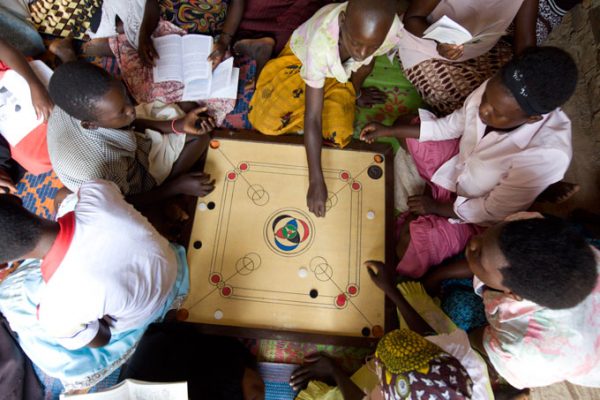
Published by Shagufe Hossain at Aug 12 2014
Categories
Around 20 girls sit in a small room, decorated with messages about leadership, reproductive health and family planning along with pictures they have drawn themselves. This is a BRAC Empowerment and Livelihood for Adolescents (ELA) club. This particular club called Bwebajja is located in a semi-urban area, under BRAC’s Kajjansi branch in Uganda. Huddled together, the girls look up at us, muzungus (foreigners) with awe and anticipation. They know who we are. They know BRAC. They call it “Blaca.”
April 2, 2013
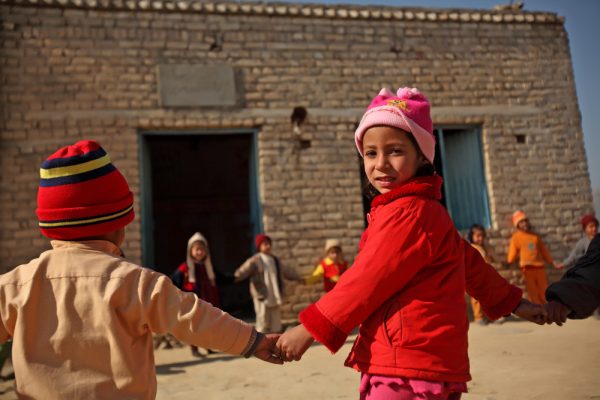
Published by Renée McAlpin at Apr 02 2013
Categories
Everyone, from Save the Children, Plan International, and UNICEF, to BRAC, agrees that the early years are critical to a child’s overall development. How best to invest in those early years is a fertile topic for exploration and debate among academics, scientists, and policymakers. What if early childhood and adolescent development was also seen as a potential career path for women?
March 15, 2013
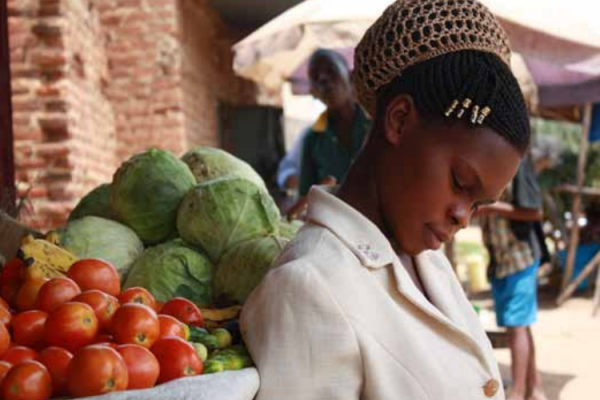
Published by Nicola Banks at Mar 15 2013
Categories
This blog post is an abridged version of a case study featured in Problem or Promise: Harnessing Youth Potential in Uganda, recently published by BRAC and The MasterCard Foundation.
March 13, 2013
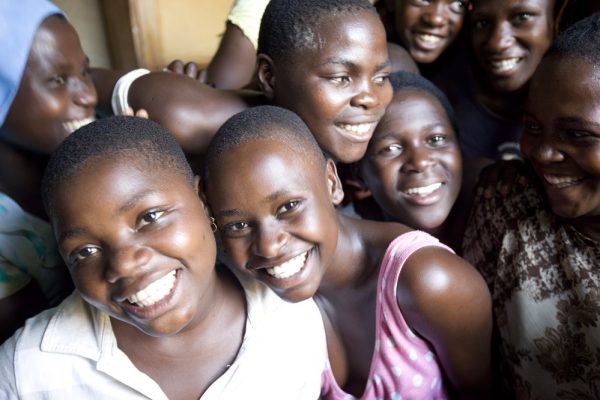
Published by Santhosh Ramdoss at Mar 13 2013
Categories
I remember well the worn-out look in the boy’s eyes when he approached and asked, in a hushed yet clear tone, “Sir, I really need a job. Can you please help me? Your company?”
March 7, 2013

Published by Sara Lukey-Smith at Mar 07 2013
Categories
Ajah is nineteen, and attends Bor Secondary School in South Sudan’s remote Jonglei state. In a country with a literacy rate of just sixteen percent for women fifteen years of age and above, Ajah is an exception to the rule. And she is leading the charge to change the rules.

